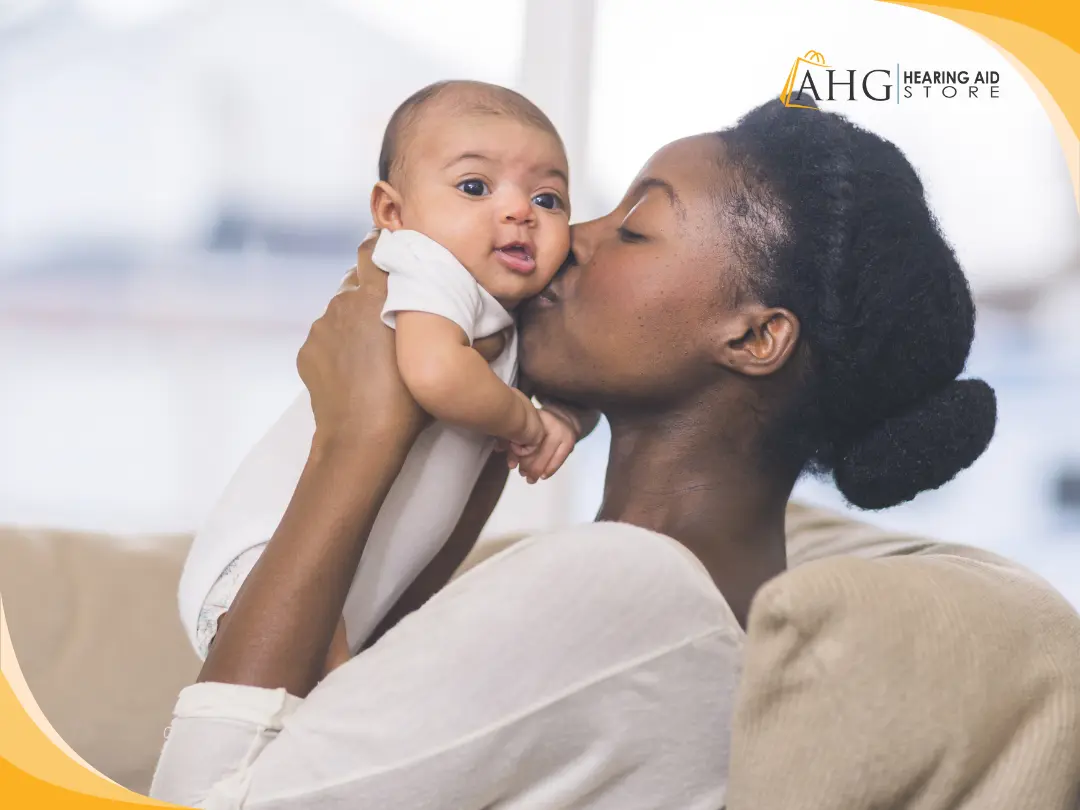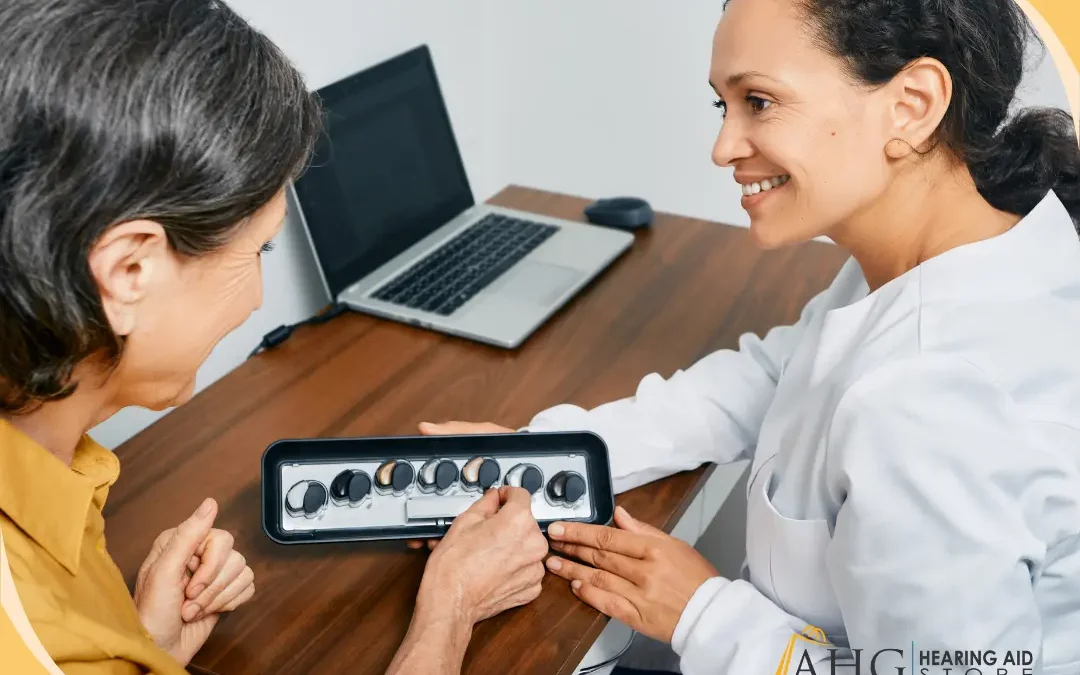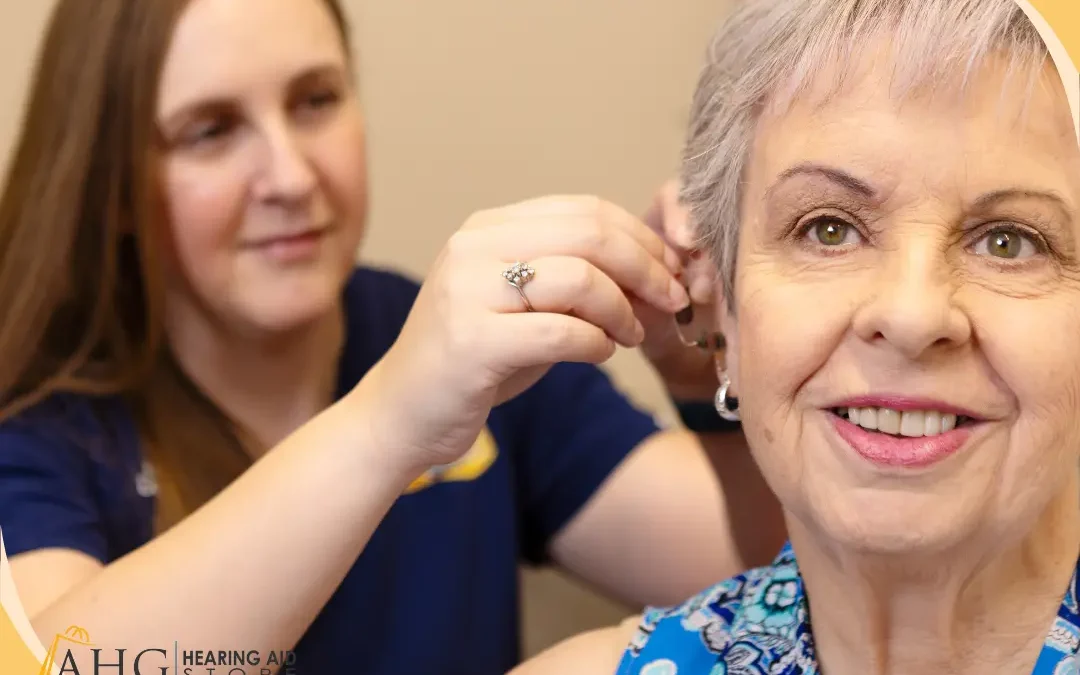 The journey of newborns from tiny bundles of cells to gurgling bundles of joy is a marvel that scientists have been amazed by for generations. It’s incredible how they come into the world with perfectly functioning miniature parts, though occasionally, defects like infant hearing loss arise.
The journey of newborns from tiny bundles of cells to gurgling bundles of joy is a marvel that scientists have been amazed by for generations. It’s incredible how they come into the world with perfectly functioning miniature parts, though occasionally, defects like infant hearing loss arise.
Thankfully, advancements in medicine have enabled early screening for health issues at birth. Most newborns undergo an infant hearing test before leaving the hospital. However, some health problems, including hearing loss, aren’t always immediately evident, underscoring the importance of recognizing signs and symptoms that indicate something might be wrong.
Identifying Infant Hearing Loss
New parents often find deciphering their baby’s needs challenging. Is the cry for hunger, cold, or a startle from a loud noise? Understanding your baby’s cues takes time, as does discerning their overall health status.
Here are five signs that might indicate your baby has hearing loss:
- Lack of Startle: Loud noises fail to startle your newborn frequently. This might be mistaken for good sleep but could actually indicate a hearing problem.
- Selective Response: Your baby seems to hear some sounds but not others. This might include responding to a man’s voice but not a woman’s, or reacting to a dog barking but ignoring normal conversation. Infant hearing loss can mimic adult patterns, affecting the ability to hear certain pitches or softer sounds.
- Lack of Sound Localization: After six months, your baby doesn’t turn toward sounds, hindering their ability to learn about their surroundings.
- Delayed Speech: By one year, your baby hasn’t begun single-word speech like “mama” or “dada.” This indicates potential speech and language delays that are possibly due to hearing loss.
- Limited Response Range: Your baby only responds when you’re in their line of sight, possibly indicating hearing impairment if they fail to react to calls from behind.
How Is Infant Hearing Loss Treated?
Early detection and intervention are crucial for managing infant hearing loss and mitigating potential developmental delays. Treatment options vary based on the type and cause of hearing loss:
- Cochlear Implants: Suitable for infants with severe to profound hearing loss, this involves surgically implanting a device inside the ear.
- Ear Tubes: These prevent fluid buildup in the ear, reducing the risk of infections and associated hearing loss.
- Hearing Aids: Amplifying sound, hearing aids are effective for mild to moderate hearing loss in infants as young as one month.
Newborn Hearing Loss Treatment in Mesa and Scottsdale, AZ
If you suspect your baby has a hearing impairment, don’t hesitate to consult their pediatrician or an audiologist promptly. Early evaluation ensures timely intervention, averting potential developmental setbacks.
At Advanced Hearing Group, we provide effective hearing loss treatment for people of all ages, including newborns. Our Mesa and Scottsdale audiologists are skilled in diagnosing and treating infant hearing loss and we’re here to make sure your baby gets the hearing healthcare it needs. Simply contact us today to schedule an appointment.





